The Future of Workplace Resilience: Empowering Teams to Thrive
In today’s fast-paced work environment, resilience isn’t just a desirable trait - it’s an essential skill. Organisations that foster resilience empower employees to navigate challenges, maintain productivity, and sustain wellbeing. More than just an individual pursuit, resilience is a collective capability that strengthens teams and workplaces.
At Work Well Being, we support HR professionals and Leaders in building sustainable, healthy work environments. Our two resilience programmes equip individuals and teams with practical strategies to enhance performance and create lasting cultural change.
Building Personal Resilience Training
Resilience is often misunderstood as simply ‘bouncing back’ from adversity, but true resilience goes beyond endurance - it involves growth, adaptability, and long-term sustainability. Our Personal Resilience Programme provides employees with a structured framework to build resilience through evidence-based approaches drawn from psychology, neuroscience, and workplace wellbeing research.
Key Focus Areas:
Understanding Resilience – Exploring the psychology behind resilience and cognitive flexibility.
Managing Stress – Learning practical strategies to handle stress and increase emotional regulation.
Building Emotional Intelligence – Enhancing self-awareness, empathy, and communication.
Developing a Growth Mindset – Cultivating adaptability and reframing challenges as learning opportunities.
Harnessing Social Support – Strengthening professional connections.
Impact: Employees trained in resilience experience reduced stress, improved communication, stronger coping mechanisms, and greater engagement. For organisations, this translates to healthier teams, lower absenteeism, and improved morale.
Team Resilience for Managers Training
For resilience to be truly embedded within an organisation, leaders must be equipped to foster and sustain it within their teams. Our Team Resilience for Managers Programme equips leaders to integrate resilience into their teams’ culture, communication, and workflows.
Key Focus Areas:
Personal Resilience for Leaders – Assessing resilience using Schlossberg’s Four S Model (Situation, Self, Support, Strategies) and developing strategies to strengthen the ability to lead under pressure.
Resilient Leadership & Communication – Using David Rock’s SCARF Model, managers understand how to create psychological safety, foster trust, and maintain clarity in uncertain times.
Embedding Resilience in Team Culture – Drawing from Edgar Schein’s Organisational Culture Model, we explore practical ways to build resilience into team dynamics, feedback loops, and decision-making processes.
Impact: Managers trained in resilience report greater confidence in leading through uncertainty, improved communication, and stronger team support structures - fostering long-term team performance.
Why Resilience Training Matters
Investing in resilience training is not just about employee wellbeing - it’s about building a workplace that can adapt, innovate, and thrive in the face of challenges.
Five Key Benefits:
Enhanced Productivity – Employees stay engaged and focused under pressure.
Reduced Burnout & Absenteeism – Preventing stress-related absences.
Stronger Leadership – Resilient managers make clearer decisions.
Improved Team Collaboration – Strengthened communication and support.
A Thriving Workplace Culture – Employees feel valued and equipped to succeed.
Partner with Us to Build a More Resilient Workforce
We collaborate with organisations to deliver evidence-based resilience training tailored to their needs. Whether supporting individual employees or empowering leadership teams, our programmes help make resilience a lasting part of your workplace culture.
To learn more about our Personal Resilience and Team Resilience for Managers Programmes, get in touch today.


